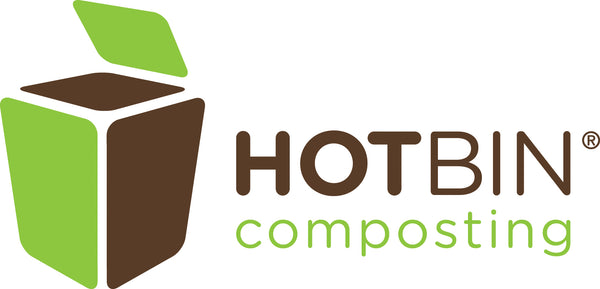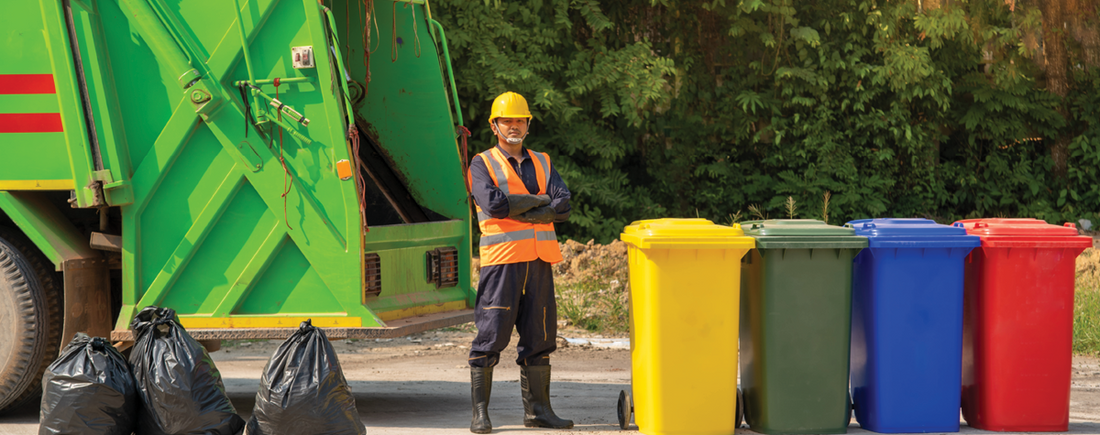Don't haul your food and garden waste. Instead, start composting at home!
Food and garden waste should not be confused with general garbage, as they can be composted and recycled into nutrient-rich soil. Instead of sending these materials to landfills, where they produce harmful methane gas, consider composting them at home. While transporting organic waste to a recycling facility is better than landfill disposal, it still incurs environmental and financial costs.
The key issue is transportation. Hauling food waste to composting facilities produces CO2 emissions and adds to the overall costs. For this reason, treating organic waste at its source—where it is produced—is the ideal option for both the environment and your wallet.
Zero Waste is a valuable and achievable goal. Composting food waste at its source is an eco-friendly method that doesn’t contribute to CO2 emissions or require extra energy to produce compost. Experts agree that home composting is one of the most effective actions we can take to reduce waste, combat climate change, and promote healthy soil.
Thanks to technological advancements, efficient home composting devices are now available. These devices allow you to process food waste at home, eliminating transportation-related emissions and recovering valuable nutrients that would otherwise be lost in landfills. This not only benefits soil health but also reduces the costs associated with waste collection.
In addition to its environmental advantages, home composting offers financial benefits by lowering waste collection costs. Learn more about home composting and its numerous benefits on this website.

